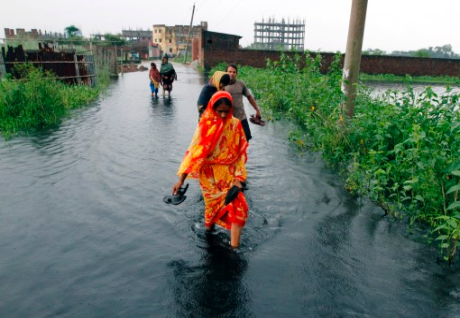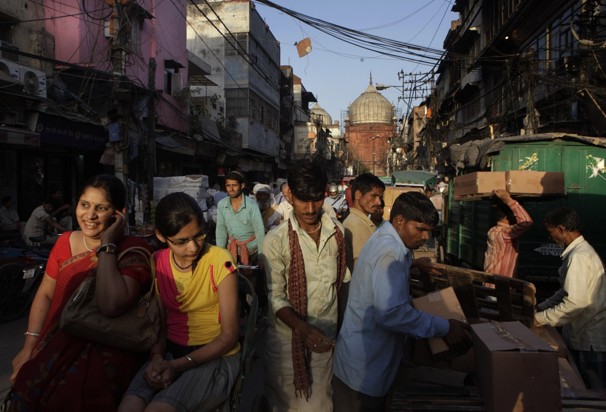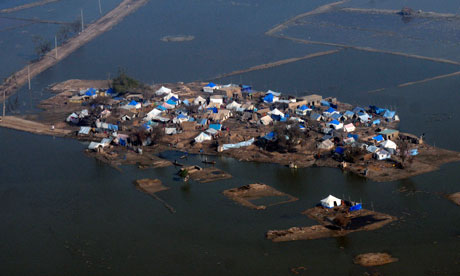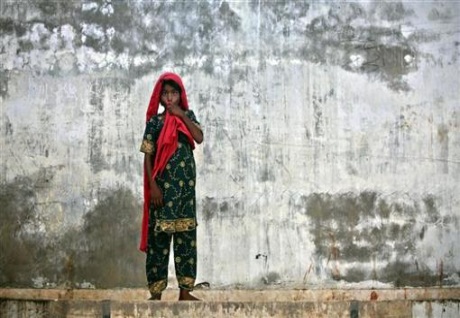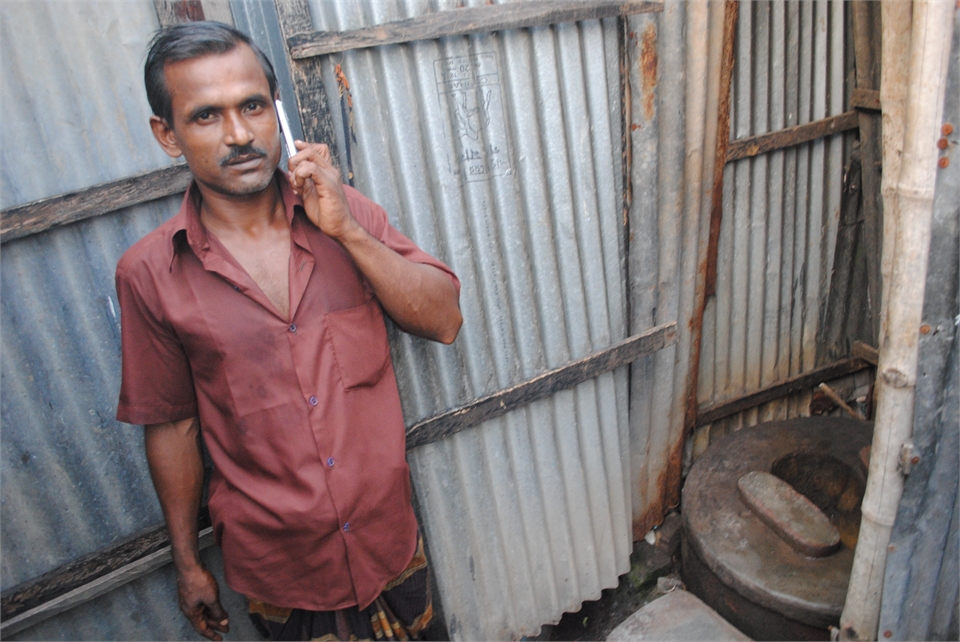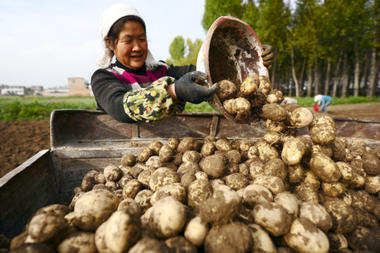2011
Submitted by ward on
World population to hit 10 bln, but 15 bln possible: UN
Submitted by ward on
A global push to 7 billion people
Submitted by ward on
New Research Casts Doubt on Doomsday Water Shortage Predictions
Submitted by ward on
Warming Could Exceed Safe Levels In This Lifetime
Submitted by ward on
Climate change could trap hundreds of millions in disaster areas, report claims
Submitted by ward on
Scarce resources, climate biggest threats to world health
Submitted by ward on
BANGLADESH: Selling the toilet idea
Submitted by ward on
The world can feed itself without ruining the planet, study says
Submitted by ward on
We must make up ground in the fight against desertification
Submitted by ward on



